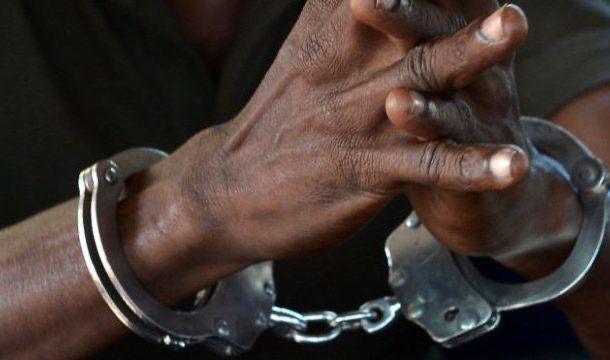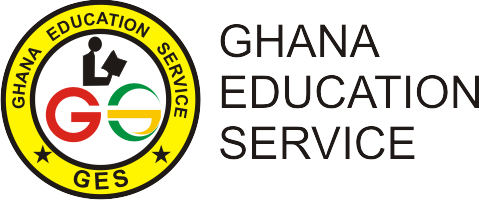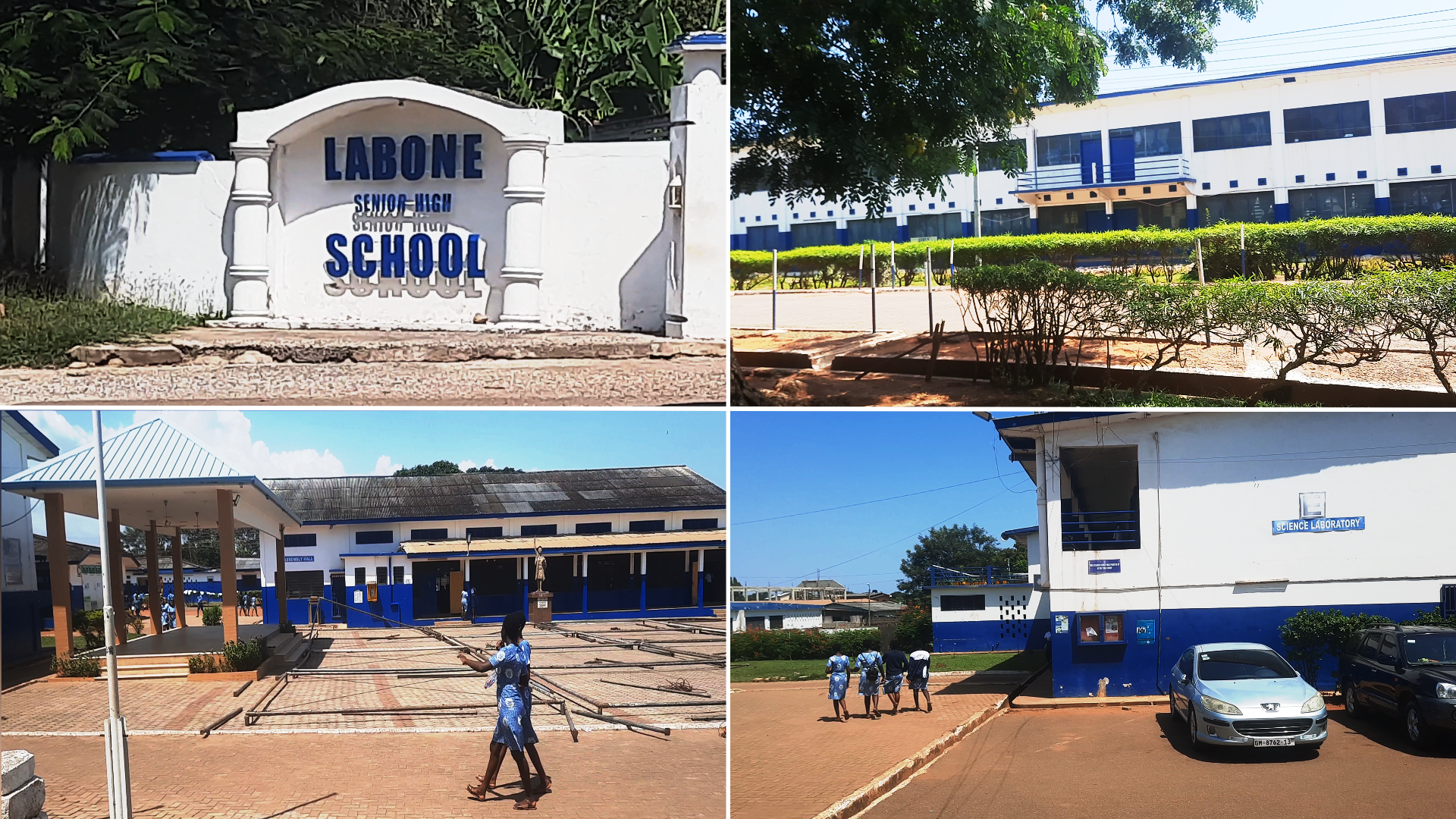A 45-year-old French teacher at Labone Senior High School (SHS) in Accra, Godwin Adigbli, has been charged with indecent assault after allegedly molesting a 16-year-old female student. The accused, who pleaded not guilty, was granted bail of GH₵50,000 with two sureties by the District Court at the Domestic Violence and Victim Support Unit (DOVVSU) of the Ghana Police Headquarters.
The alleged incident occurred on August 28, 2025, in the school’s French laboratory, according to prosecutors.
Court documents reveal that the accused allegedly inserted his fingers into the victim’s private parts and kissed her for several minutes in the French lab. The prosecution told the court that the suspect later admitted to the act during police interrogation, an account that reportedly followed a complaint from the student’s guardians and school authorities.
Following the report, Mr. Adigbli was arrested on September 1, 2025, and subsequently placed on police inquiry bail while investigations continued.
During proceedings on Wednesday, October 22, 2025, defence counsel Ernest Gbesemete argued that the accused had been cooperative throughout the investigation and posed no flight risk. The prosecution did not oppose the bail application but requested that the accused be required to report regularly to the police to assist with ongoing inquiries.
The presiding judge granted bail on those terms, directing the teacher to report to the Cantonments Police Station every two weeks until the case concludes. The court also instructed prosecutors to file their disclosures before the next sitting, which was adjourned to December 10, 2025.

The case has sparked renewed public concern over student safety and teacher misconduct within Ghana’s educational system. While the Ghana Education Service (GES) maintains strict disciplinary codes for teachers, incidents of sexual abuse and misconduct continue to surface, prompting calls for tighter oversight and more effective safeguarding measures in schools.
In recent years, Ghana has recorded several similar cases involving educators accused of inappropriate behaviour toward students. For instance, in 2023, a teacher in the Ashanti Region was dismissed after being found guilty of sexual harassment, highlighting what advocacy groups describe as a “recurring challenge” in maintaining professional boundaries in schools.
Under Section 103 of Ghana’s Criminal Offences Act, 1960 (Act 29), indecent assault is a serious offence punishable by imprisonment. Ghana’s legal framework, reinforced by the Children’s Act (Act 560) and Domestic Violence Act (Act 732), seeks to protect minors from all forms of abuse, especially within learning environments.
The Domestic Violence and Victim Support Unit (DOVVSU) of the Ghana Police Service has intensified efforts in recent years to encourage victims to report abuse and to hold perpetrators accountable. However, experts note that fear of stigma and reprisal often prevents victims, especially minors, from coming forward.
Child rights advocates have called on the Ghana Education Service (GES) and school management boards to enforce stronger preventive measures, including periodic teacher assessments, anonymous student reporting systems, and mandatory training on child protection ethics.
Education analysts also recommend that schools establish clearer communication channels for students to report abuse confidentially, supported by counsellors and welfare officers trained in trauma management.

The prosecution is expected to present evidence and witness statements at the next court hearing in December. Meanwhile, Mr. Adigbli remains on bail under strict reporting conditions.
Authorities have yet to release an official statement on whether the teacher will be suspended or reassigned pending the court’s final decision. The Ghana Education Service typically institutes administrative sanctions in such cases after legal proceedings are concluded.
The incident underscores the urgent need to strengthen child protection systems in Ghana’s schools. It also highlights the delicate balance between protecting students’ rights and ensuring fair treatment for accused educators until due process is completed.
As the case unfolds, it serves as a reminder of the collective responsibility shared by educators, parents, and authorities to maintain safe and respectful learning environments across the country.
Read also: Prudential Bank Staff Stage Protest Over Alleged Salary Inequalities, Employees Demand Transparency

